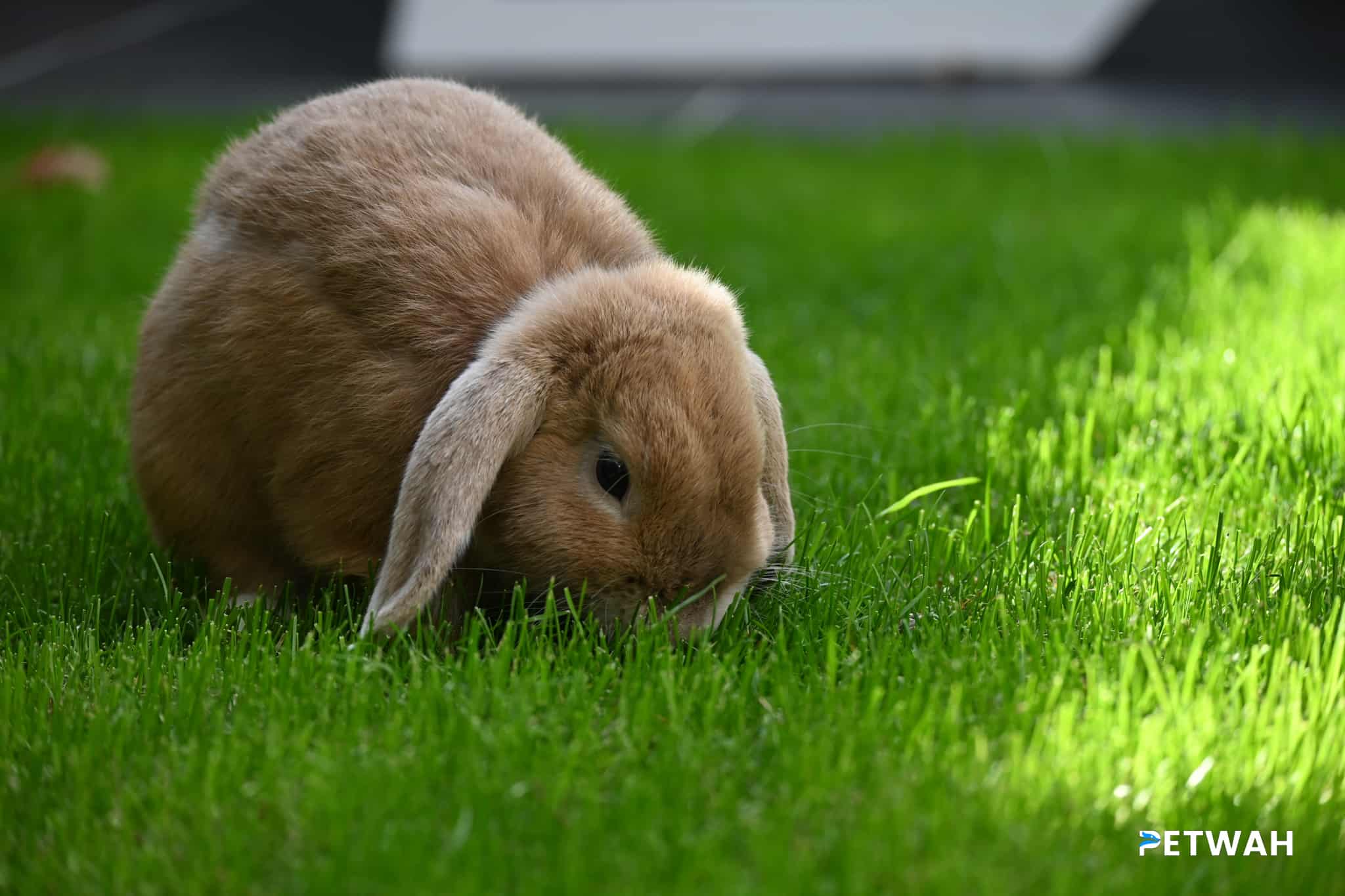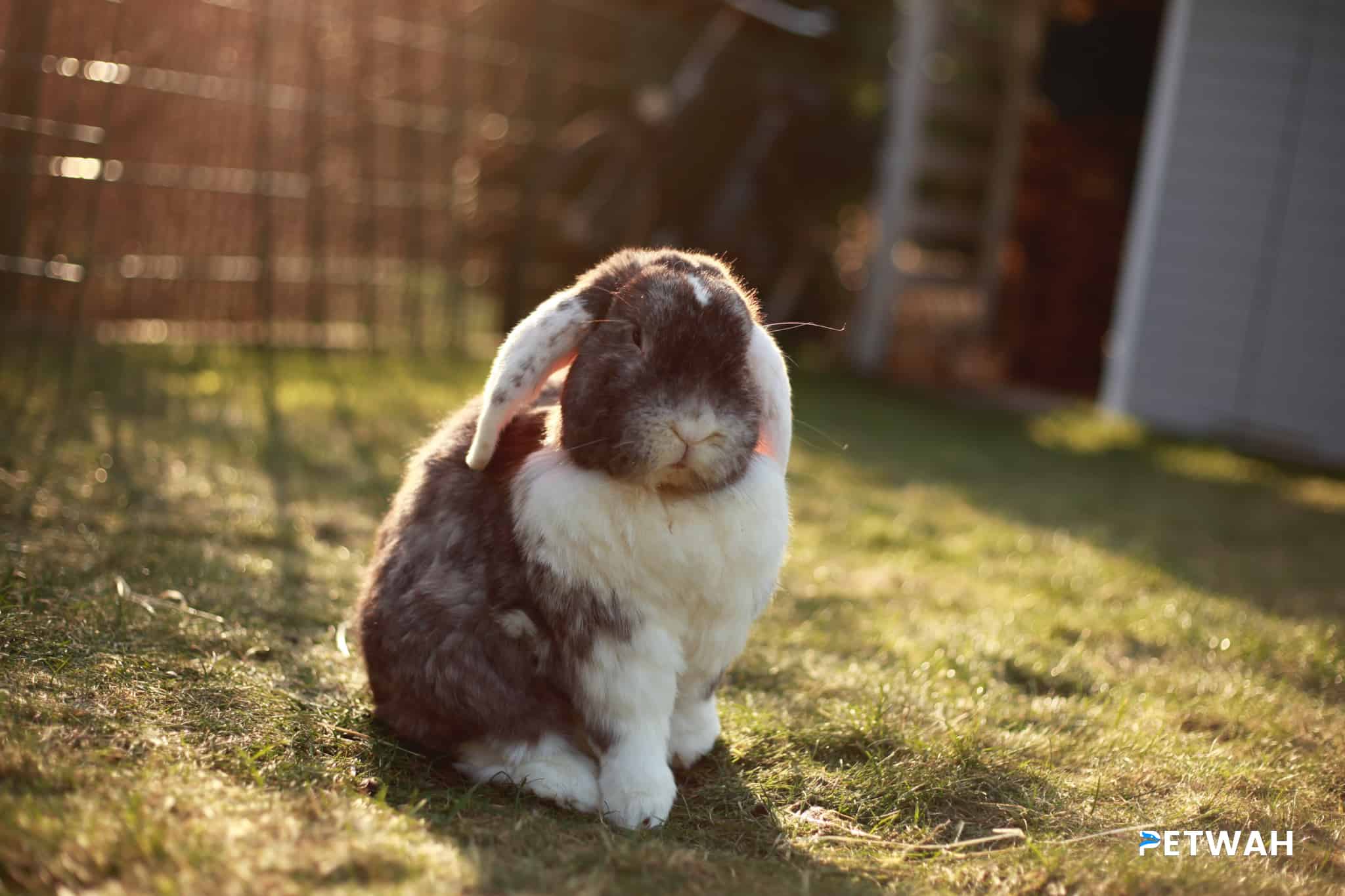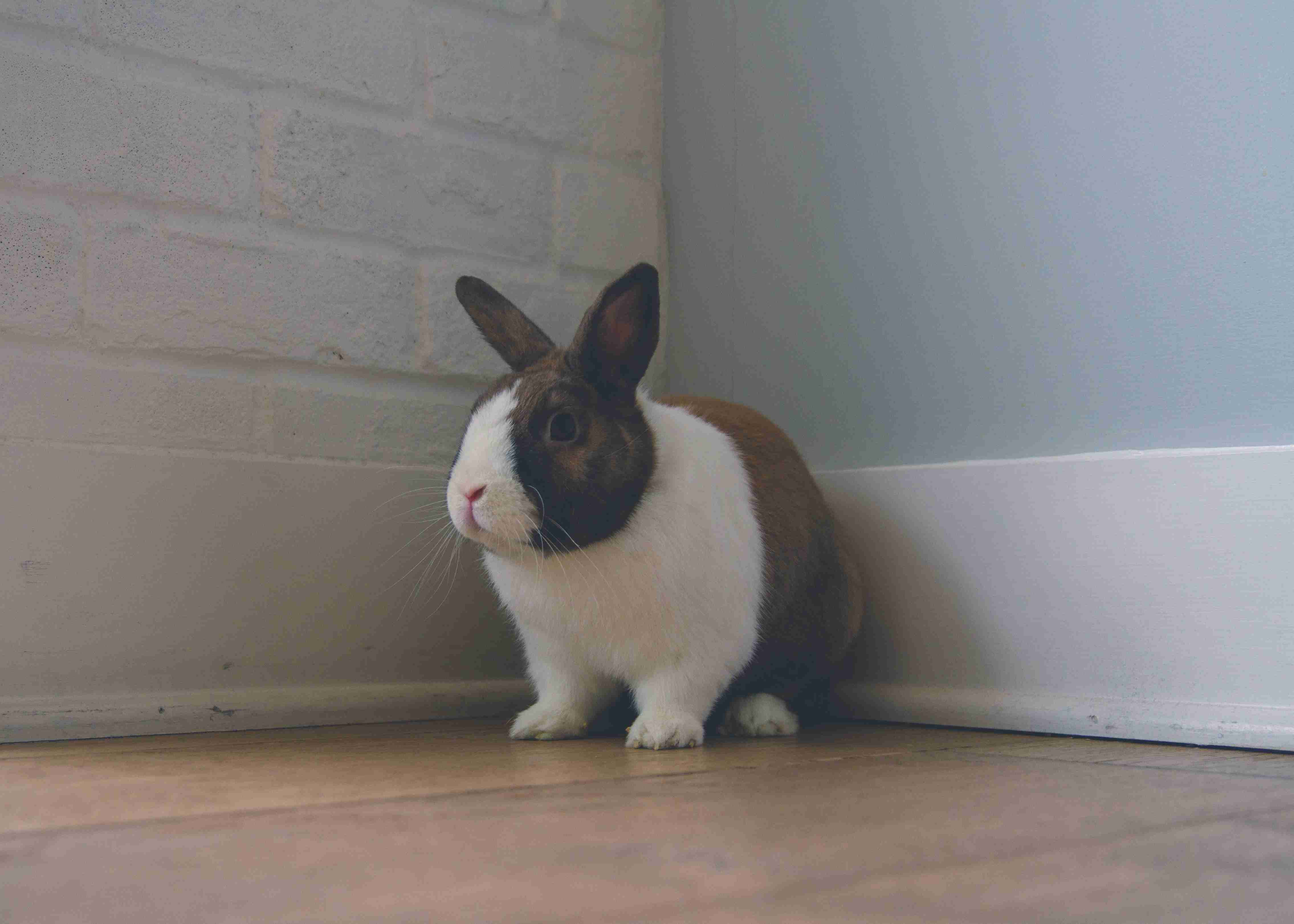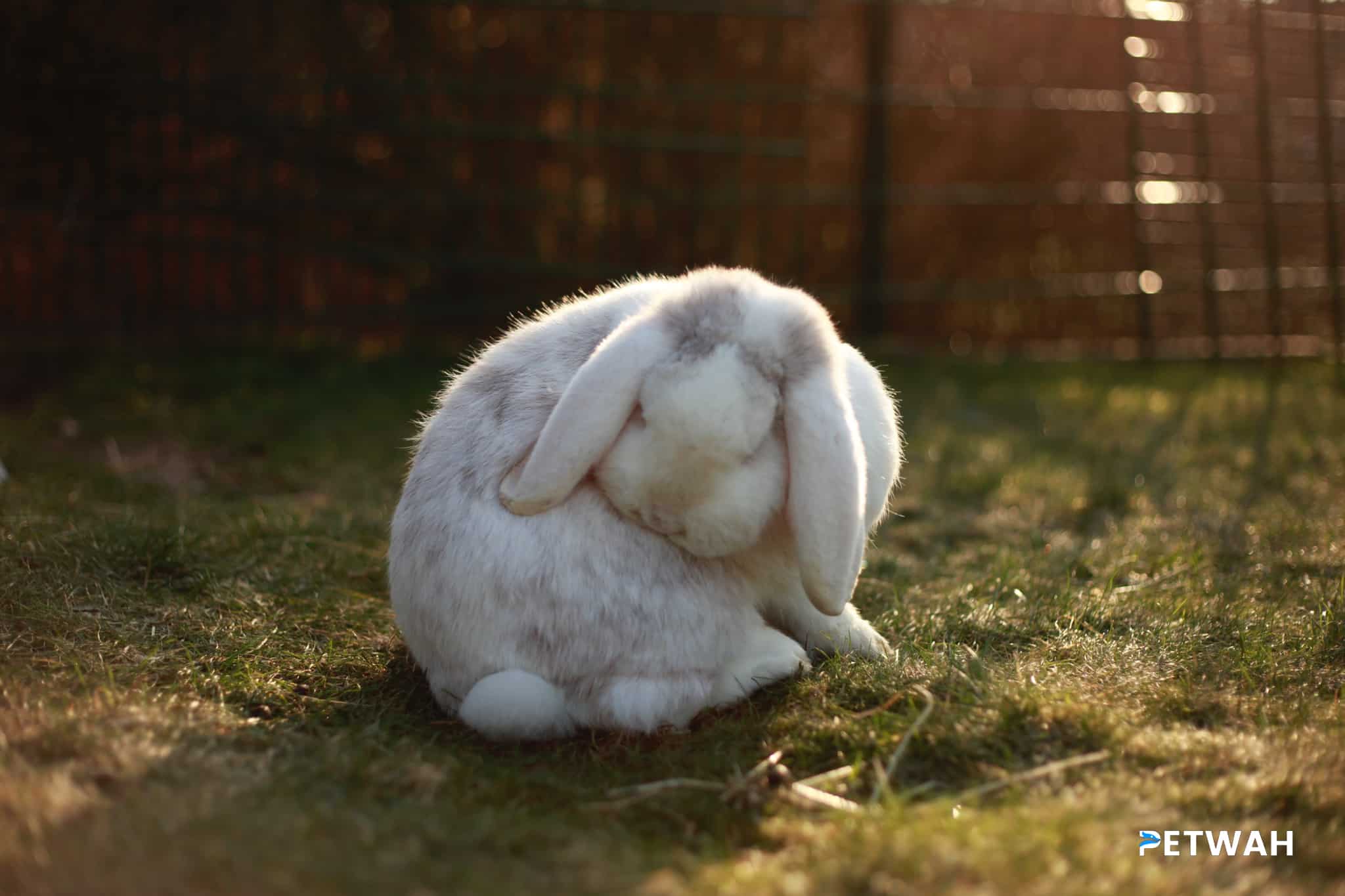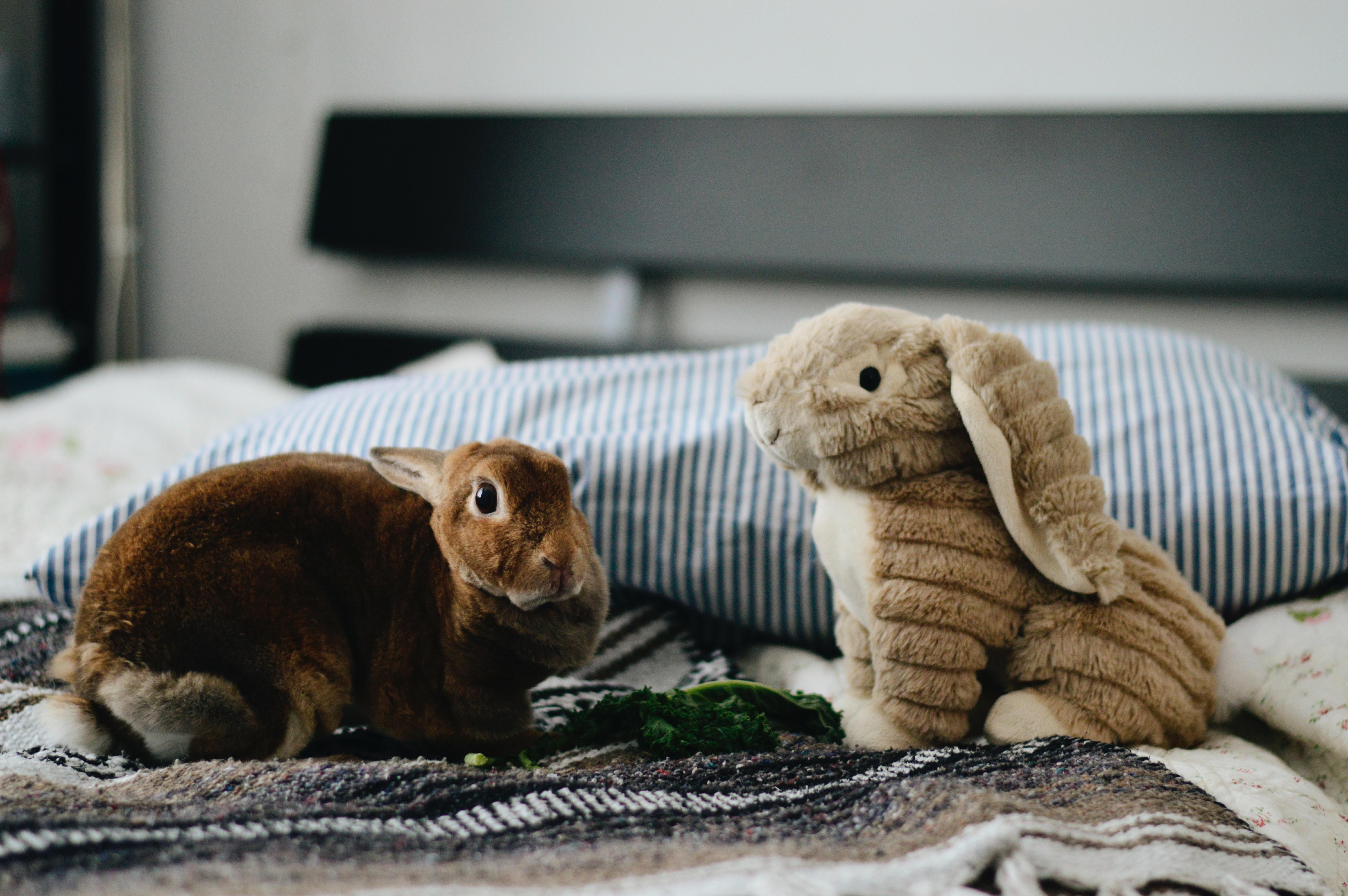Rabbits are adorable and popular pets known for their soft fur, twitching noses, and hopping antics. However, just like any other pet, rabbits are prone to certain health issues that can impact their well-being if not addressed in a timely manner. Being vigilant about the signs of common health issues and taking proactive measures can help ensure that your furry friend stays healthy and happy. In this blog post, we will explore the signs of common health issues in rabbits and provide insights on how you can address them.
Signs of Common Health Issues in Rabbits
Rabbits may exhibit various signs when they are unwell or experiencing health issues. It is important to pay attention to any changes in their behavior, appetite, appearance, or litter box habits. Here are some signs that may indicate common health issues in rabbits:
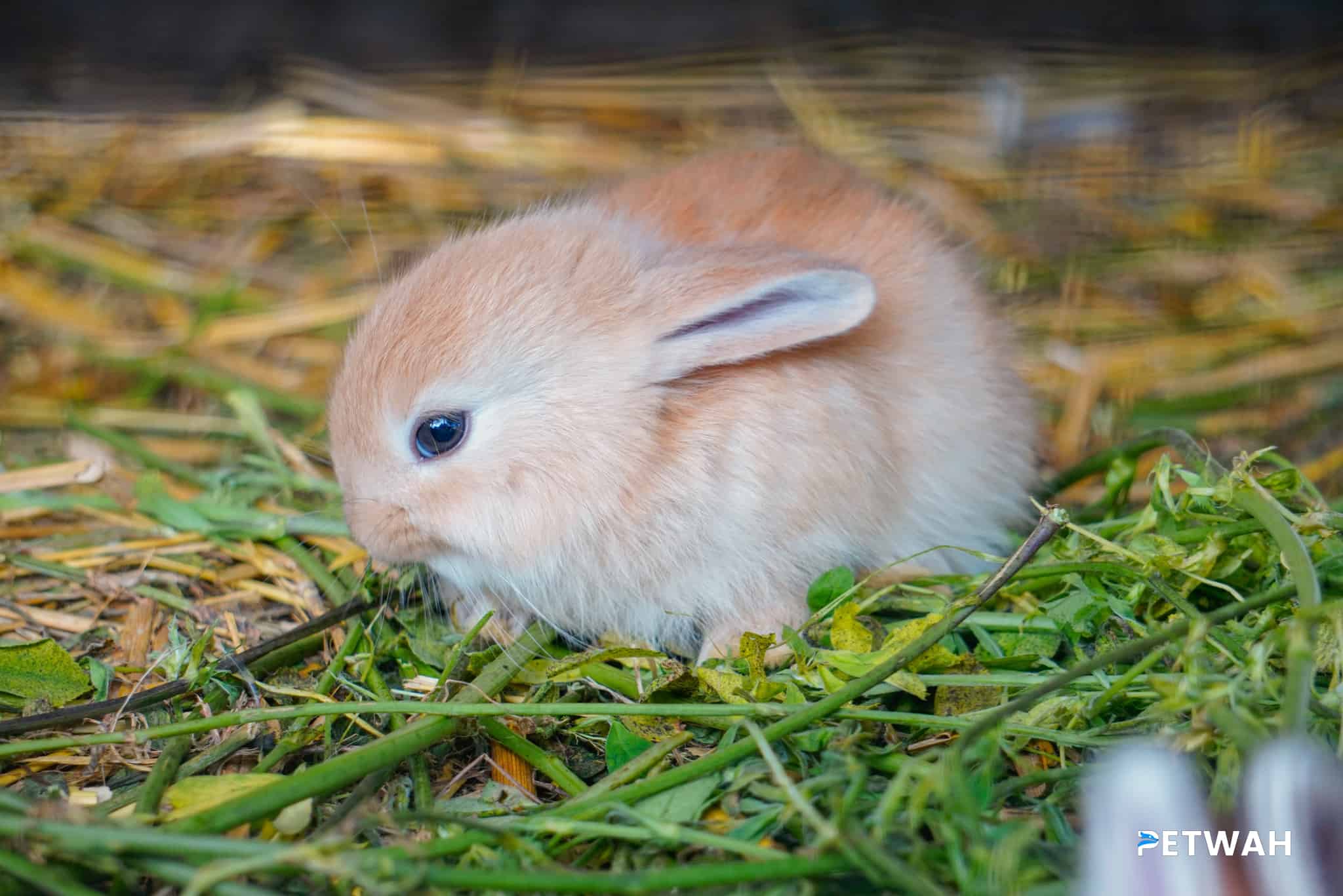
1. Dental Problems:
– Reduced appetite or difficulty eating
– Drooling or excessive salivation
– Weight loss
– Overgrown teeth
– Chewing on cage bars or toys excessively
2. Gastrointestinal Issues:
– Loss of appetite
– Change in fecal consistency (e.g., diarrhea or constipation)
– Soft or sticky stool
– Abdominal discomfort
– Reduced or absent fecal output
3. Respiratory Problems:
– Sneezing or nasal discharge
– Labored breathing or rapid breathing
– Coughing or wheezing
– Reduced activity levels
– Loss of appetite
4. Skin Issues:
– Hair loss or bald patches
– Redness, irritation, or inflammation
– Presence of mites or fleas
– Excessive scratching or biting
– Abnormal or foul odor from the skin
Addressing Common Health Issues
It is crucial to seek veterinary assistance if you notice any signs of potential health issues in your rabbit. A qualified veterinarian will be able to diagnose the problem and provide the appropriate treatment. However, there are some proactive measures you can take to help prevent common health issues in rabbits:
1. Provide a balanced diet: Feed your rabbit a diet that is high in fiber, such as timothy hay, fresh greens, and pellets formulated specifically for rabbits. Avoid feeding them foods that are high in sugar or carbohydrates.
2. Maintain proper dental health: Rabbits’ teeth continuously grow, and they need proper dental care to prevent dental problems. Provide them with toys and safe chewing options to wear down their teeth naturally.
3. Ensure a clean environment: Regularly clean your rabbit’s living space to prevent the build-up of bacteria and parasites. Provide fresh bedding and ensure good ventilation to promote a healthy living environment.
4. Regular check-ups: Schedule routine check-ups with a qualified rabbit veterinarian to monitor your pet’s overall health and identify any potential issues before they develop into major problems.
5. Exercise and mental stimulation: Provide your rabbit with plenty of opportunities for exercise and mental stimulation. This can include supervised playtime outside their enclosure, toys, and tunnels for exploration, and social interaction with other rabbits (if applicable).
Conclusion
By being observant of your rabbit’s behavior and promptly addressing any signs of common health issues, you can help maintain their health and well-being. Remember, prevention is always better than cure, so it’s important to take proactive measures such as providing a balanced diet, maintaining proper dental health, ensuring a clean environment, scheduling regular check-ups, and providing exercise and mental stimulation. Be a responsible rabbit owner and prioritize your pet’s health above all else.
FAQs
Q1. What should I feed my rabbit to maintain a balanced diet?
A1. A healthy diet for rabbits should consist of timothy hay, fresh greens, and high-quality pellets formulated specifically for rabbits. Avoid feeding them foods that are high in sugar or carbohydrates.
Q2. How often should I schedule check-ups for my rabbit?
A2. It is recommended to schedule routine check-ups with a qualified rabbit veterinarian at least once a year. Regular check-ups allow for the early detection of potential health issues.
Q3. Can I brush my rabbit’s teeth?
A3. Unlike dogs and cats, rabbits’ teeth continuously grow, and they need proper dental care. Providing them with safe chewing options and toys can help wear down their teeth naturally.
Q4. Are there any specific signs of skin issues I should look out for?
A4. Signs of skin issues in rabbits may include hair loss, redness, irritation, excessive scratching, or the presence of mites or fleas. If you notice any abnormalities, consult a veterinarian.
Q5. Why is exercise important for rabbits?
A5. Exercise is crucial for maintaining a healthy weight and promoting overall well-being in rabbits. It helps prevent obesity, improves digestion, and provides mental stimulation.
For more information and expert advice on rabbit care, visit petwah.com, a comprehensive resource for pet care.
PetWah
If you are a rabbit owner, it is essential to stay informed about common health issues and take proactive measures to ensure the well-being of your furry friend. Regular veterinary check-ups, a balanced diet, dental care, and providing a clean and stimulating environment are key factors in maintaining a healthy rabbit. Remember to always be attentive to any changes in behavior or appearance and seek professional help when needed. For more information and resources on pet care, visit PetWah, a reliable platform for all your pet-related needs.


